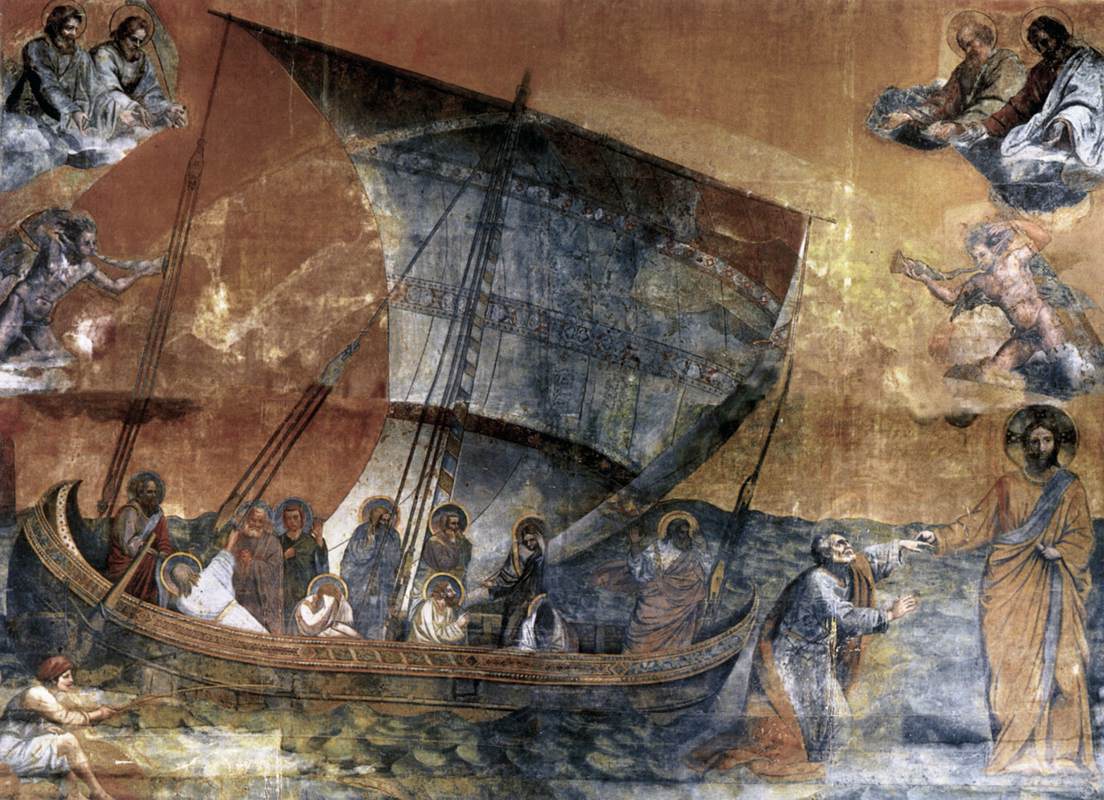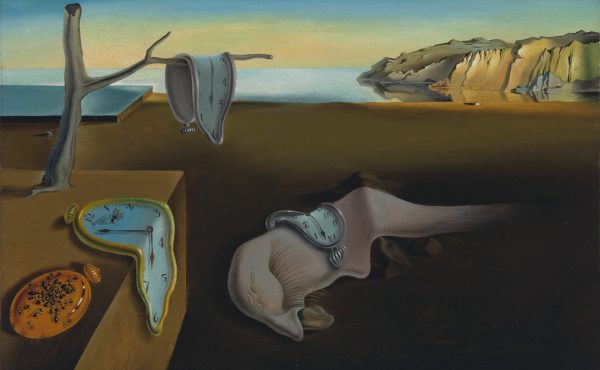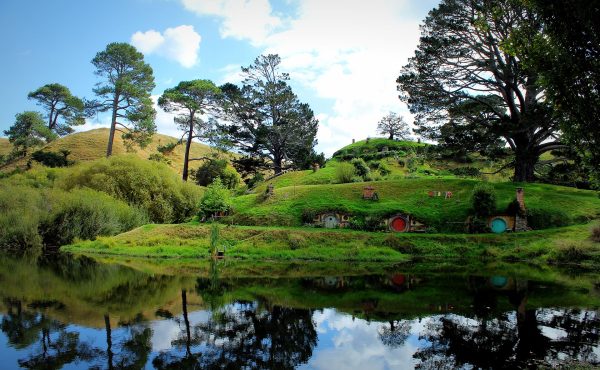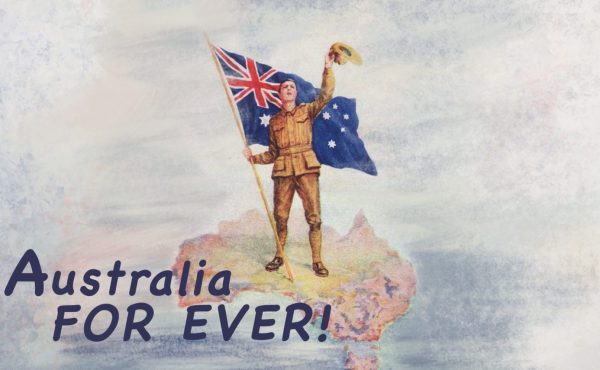In his Pentecost homily of 2020, at the height of the coronavirus pandemic, Pope Francis closed with a provocative sentence: ‘even worse than this crisis is the tragedy of squandering it by closing in on ourselves.’ This was then, and remains somewhat, a confusing statement. Was the Argentine pontiff simply reminding us all to take the opportunity to learn how to cultivate a potent sour-dough starter and master the craft of artisanal baking?
While there is perhaps much that can be said, one thing that I think which might be useful to reflect on is how the then-global pandemic gave all of us the opportunity to mature in our faith, to learn to grow in trust and in love. And while the threat of omnipresent and potentially life-threatening respiratory infection seems to have dissipated, the looming reality of war and global instability remains ever-present.
Christians today find themselves in a historically unique situation. Western society (for want of a better term), is rapidly divesting itself of the remnants of a once vibrant (or at least dominant) Christian culture. Living now, in what many have come to refer to as a ‘post-Christian’ culture, a common trope in Christian rhetoric is that of the need for the Christian to be countercultural. This is prevalent in homilies and popular talks, in books, online blogs and articles, and increasingly on podcasts and YouTube talk shows. There is, of course, an important truth to this, and the countercultural impulse is something that is not foreign to the Christian tradition—indeed that this impetus seems to have been forgotten for some generations may well be a contributing factor to our current quandary (though a discussion along those lines will need to be the topic of another blog post).
By necessity the earliest Christians were in many ways profoundly countercultural in the context of the Roman Empire in the first century A.D., and their refusal to burn incense to foreign gods for example saw a great many of them suffer torture and death for the sake of witnessing to the truth.
Despite the many instances of persecution against Christians around the world in our own day, Christians in liberal democratic ‘Western’ societies do not face such challenges. We are, however confronted with a whole host of other provocations to what we would see as biblically and ecclesiastically formed concepts of a just society: whether these pertain to questions of sexuality and gender, family life, beginning and end of life ethics, economics, social and environmental justice, etc. In many Christian communities there is seemingly a growing sense that the culture in which we live in is increasingly hostile, not only to the way of life that we hold to be good and true, but also to our very selves.
In the face of this, the notion of the ‘true’ Christian as being heroically countercultural understandably gains traction. And while this is most certainly a moment of Christian witness, there is more to Christianity than merely being countercultural. For all his turning over of tables, breaking of taboos, and challenging of social norms, Jesus’ stance vis-à-vis culture and the world more generally is more nuanced than merely holding it all in suspicion.
As Catholic-Christians in the world today, when it might seem that ‘everyone is against us’, what we really need to do is to be aware of the fact that the Fall has not left us all utterly depraved. Jesus did, in fact come to save us while we were still sinners—and he (thankfully) loves me now, even despite my sin. And this is why he calls me out of it.
The world, despite its fallen-ness is indeed loveable—and it is only love which will save it. While this does not negate the need to be attentive and discerning, it does mean that we can and should look to love those that are around us, and trust that even those who seem to be so profoundly at odds with our own vision of reality, are seeking what is good (or at least their understanding of it). This should give us pause. Perhaps we can’t simply position ourselves against the world and cordon ourselves off into a kind of puritanical Catholic enclave, head for the hills and wait until this decadent society collapses in on itself before emerging again with the torch of learning and culture and building up Western civilisation from the few salvaged parchments we managed to save from the barbarian hordes who threatened to burn it all.
To those who object, I agree: It would likely amount to a refusal of original sin to think that people can achieve the good without God. But the Church’s tradition certainly acknowledges that to greater or lesser extents, people and cultures can and do obtain and share in real instances of truth, goodness, and beauty. This has been the case all along. Even in pre-Christian times, the Hebrew people were able to take with them the spoils of the Egyptians, and the Gospel writers and Fathers of the Church were able to make use of Greek learning and philosophy to help them articulate something of the mystery that they had experienced. St Basil in his address to young men on the right use of Greek (that is, pagan) literature was able to demonstrate magnificently that wherever there is truth, it is the Lord’s.
What does all this mean, then, for Christians trying to make a way in what seems an increasingly inhuman liberal society? This, it seems, is an opportunity for our growth in maturity. This is an opportunity to form and to exercise consciences. To sift what we are being given from governmental, and cultural leaders, what we read and consume in the many facets of news and media culture that bombard us.
The current crisis, whatever it might be, presents us with an opportunity, one which the Holy Father has prayed that we do not squander. Christ himself is the truth. And truth is truth no matter who speaks it. Christians today need to be conscious of the danger of turning the faith into an ideology, which is why Pope Benedict XVI said in the opening paragraph to his very first encyclical, a phrase which has been quoted again and again by Pope Francis, ‘being Christian is not the result of an ethical choice or a lofty idea, but the encounter with an event, a person, which gives life a new horizon and a decisive direction.’



